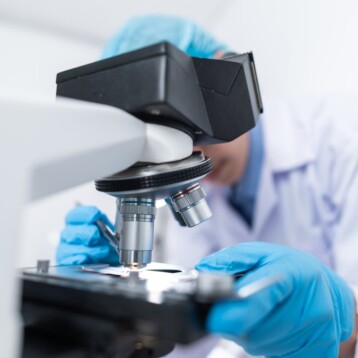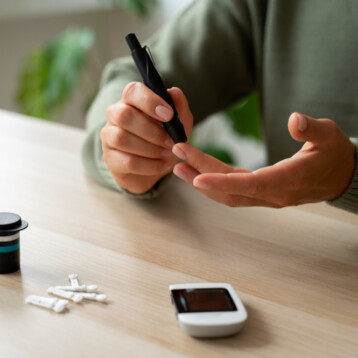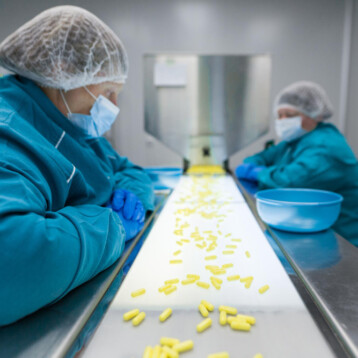The X PRIZE Foundation together with Qualcomm recently announced an upcoming a $10 million prize to develop a mobile solution that can diagnose patients better than or equal to a panel of board certified physicians. The challenge will be officially opened early next year and might bring the old dream of Star Trek’s “Tricorder” to life.
 |
| Future Tricorder? |
|
In the award winning series Star-trek, the Tricorder was a small handheld device capable diagnosing diseases and collect bodily information about a patients without touching them. Such a unit could prove extremely helpful for healthcare workers on the field, military doctors and other medical teams which need an accurate way to diagnose patients quickly in the field.
As part of the press release issued by the X PRIZE Foundation, ‘Rod’ Roddenberry, Jr., son of Star Trek creator, Gene Roddenberry, said, “It is great to see two amazing organizations — the X PRIZE Foundation and Qualcomm — bring the technology of Star Trek to life and make the Tricorder a reality for people everywhere.”
Several companies and academic institutions have been actively developing Tricorder-like devices for the past several years. One of the basic technologies currently under development around the world which might contribute to and future portable medical scanner is known as lab-on-a-chip. This device is essentially a miniature version of a medical lab compressed to the size of a computer chip. The device uses micro-sensors and recent advances in microfluidics to examine small amounts of blood and other bodily fluids and perform a battery of tests and can supply results much faster than conventional medical techniques.
In 2008 Researchers at Georgia Tech have developed a
multispectral imaging tool that could significantly improve point-of-care medical and forensic imaging by empowering front line clinicians with no specialized training to detect and assess, in real-time, the severity of bruises and erythema, regardless of patient skin pigmentation or available lighting.











